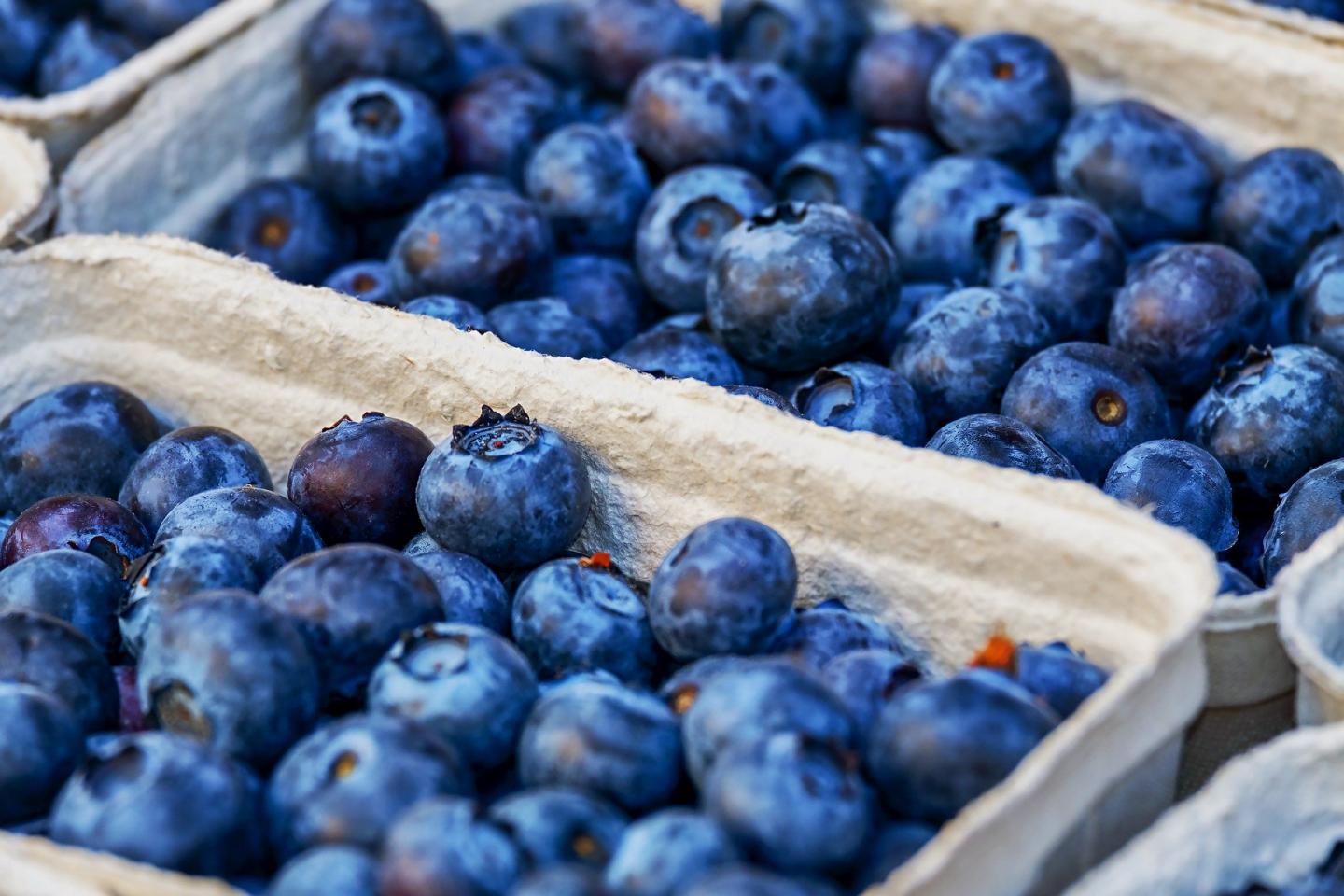 A wide variety of plants contain unique phytocompounds – bioactive ingredients shown to exert restorative biological properties, including anti-cancerous, antioxidant, and anti-inflammatory effects. Understanding how these compounds interact with the body can aid in revealing potential treatment strategies against major immune disorders.
A wide variety of plants contain unique phytocompounds – bioactive ingredients shown to exert restorative biological properties, including anti-cancerous, antioxidant, and anti-inflammatory effects. Understanding how these compounds interact with the body can aid in revealing potential treatment strategies against major immune disorders.
A team of researchers at Tokyo University of Science, led by Prof Chiharu Nishiyama, has identified strong immunosuppressive properties in a polyphenolic compound called pterostilbene (PSB), making it a potential therapeutic option for chronic inflammatory diseases, including inflammatory bowel disease (IBD).
Pterostilbene is similar to another phytocompound known to have important medicinal effects, resveratrol (RSV). According to Dr Takuya Yashiro, corresponding author of the report, “RSV, a polyphenol, was known to have pronounced immunomodulatory and anti-inflammatory effects on animal models of colitis ulcer. Therefore, we investigated the possibility of other compounds structurally similar to RSV as a new type of treatment for IBD.”
In patients with IBD, the gastrointestinal tract lining contains long-lasting ulcers caused by chronic inflammation due to an elevated immune response in the body.
This involves the excessive production of immune system-related molecules called cytokines. Moreover, two types of immune cells, dendritic cells (DCs) and T cells, are also involved: at the onset of an immune response, DCs produce inflammatory cytokines and activate T cells to initiate a defense response. These processes together form a complex pathway that result in a “hyper” immune response. Thus, to find an effective compound that can suppress the immune system, it was crucial to test it on this population of immune cells.
The scientists studied the effects of a range of plant-derived compounds on DC-mediated T cell proliferation. Their initial research led them to pterostilbene, which showed stronger immunosuppressive activity than the other candidates.
When they dug deeper, they found that pterostilbene treatment prevents T cells from differentiating into Th1 and Th17 (subtypes of T cells that elevate the immune response) while increasing their differentiation into regulatory T cells (another subtype known to inhibit inflammation).
They also revealed that pterostilbene treatment inhibits inflammatory cytokine production from DCs by attenuating the DNA-binding activity of a crucial transcription factor PU.1. When they further tested PSB in mice with IBD, they found that oral intake of PSB improved symptoms of IBD. Thus, the study confirmed that PSB is an extremely promising anti-inflammatory agent to fight IBD.
Through these findings, the scientists have ushered in new possibilities for the treatment of not just IBD but also other inflammatory disorders. Dr Yashiro concludes, “For disease prevention, it is important to identify the beneficial components in foods and to understand the underlying mechanism by which immune responses and homeostasis are modulated in body. Our findings showed that PSB possesses a strong immunosuppressive property, paving the way for a new, natural treatment for IBD.”
Source: Takuya Yashiro Shiori Yura Akari Tobita Yuki Toyoda Kazumi Kasakura Chiharu Nishiyama; Pterostilbene reduces colonic inflammation by suppressing dendritic cell activation and promoting regulatory T cell development; https://doi.org/10.1096/fj.202001502R











